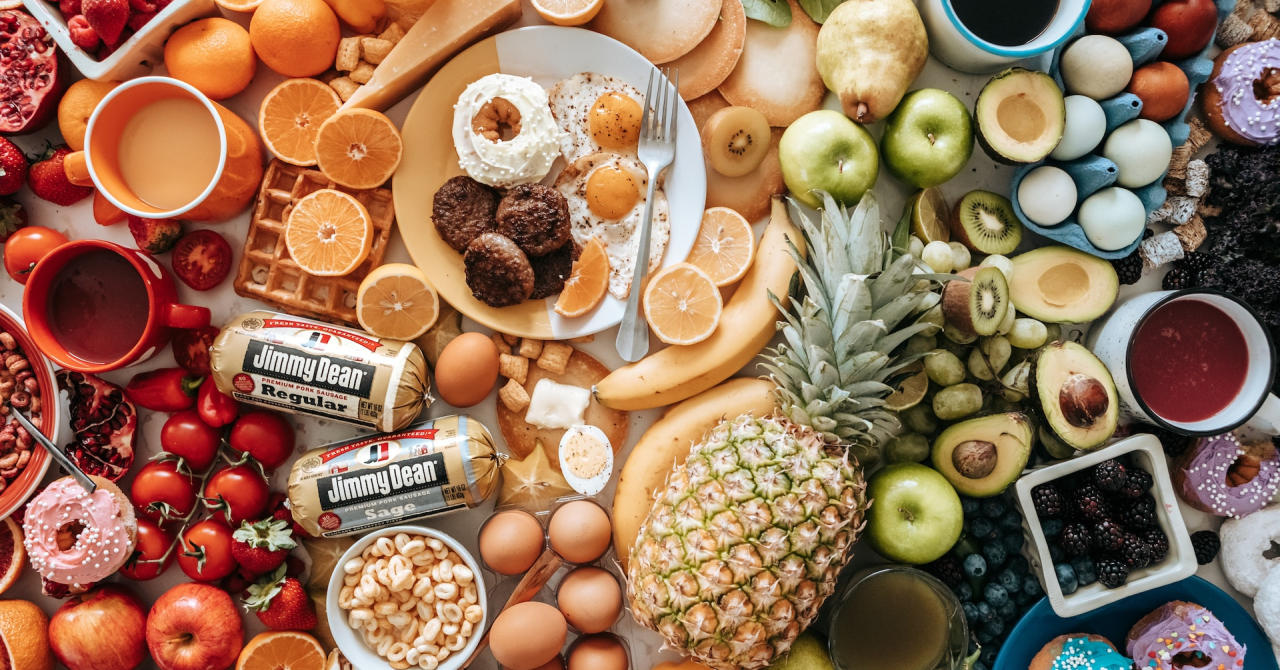We'll break down the list again this year to get a better understanding of how prices have evolved for both types of products, given the recent production issues and the inflation, which caused some of the prices to hike.
Plant-based products are no longer something new and we can find on the market a number of products from various manufacturers who aim to break the barriers regarding taste, texture and consistency, so that adopting a sustainable diet won't necessarily feel like a change.
Some of their advantages are the fact that we won't have to sacrifice animals anymore and, theoretically, food-derived diseases could be a thing of the past, given that we can cultivate cells from healthy individuals only.
Sustainable and affordable meat-based products
One example of a popular type of food, especially for the mornings, is the dried salami, which costs about 11 RON for about 200 grams of product here in Romania.
The plant-based alternative, which has slightly more product per unit, at 240 grams, will net you 24 RON. You won't find many sustainable variants for this product on the market, though, which means that its price is indeed over double what the meat version will cost you, despite the fact that you technically get more product per product.

If you prefer pressed ham, you can rejoice, because things are a little better, since the pea-based version will cost you nearly 10 RON per 80 grams of product, compared to the traditional counterpart, which is less than 7 RON per 100 grams, depending on the manufacturer. Some manufacturers might offer plant-based ham more affordably, but generally speaking, products that are meant to be an alternative to meat will have a higher priced, comparatively.
We will have to wait and see if cultivated meat products will turn the scale in their favor, given that they can technically replicate the taste, texture and consistency significantly easier. Still, we currently don't know what their price will be once they go on the market.
Plant-based dairy products gain traction
Sliced cheese is another common food that people tend to eat, especially on sandwiches in the morning and here we have slightly more options to choose from, given that these products were available on the market for longer.
This is where vegetarian foods make a comeback. For 150 grams of regular sliced cheese you'll pay around 10 RON, a price nearly identical to that of the plant-based alternative in the same amount.
Again, the price can vary slightly depending on what you find in a specific store, but the variations are negligible, so if you want to become more sustainable and you want to still enjoy dairy products, plant-based products might become part of your diet more than you expect.

Regular feta cheese, for example, costs 32 RON per 350 grams or 36 for 400, but for 200 grams of product you will pay 20-22 RON. For the same amount of vegetal product, you will take only 17 RON out of your pocket, making this the first product that could potentially be cheaper, should you choose the sustainable variant.
What about some milk with cereal in the morning? Well, here you have plenty of options, too, but this time around, traditional cow milk is slightly cheaper than the plant-based models, despite the fact that the inflation and lower production caused the price to go up for the regular milk.
One liter of cow milk will net you about 6 RON, although you can find it cheaper in some stores. For the vegetal one you will pay some 11 RON or less, again depending on where you make your purchase. Despite the fact that plant-based milk is still more expensive compared to its traditional counterpart, its price has almost not increased at all in the past year, as opposed to the latter.
Regarding the taste and texture of sustainable dairy products, these characteristics haven't improved much year-on-year, but if you opt for the more expensive ones, you will have a hard time telling they're not made from milk, especially if you combine them with other foods. Keep in mind that less expensive veggie dairy products will hit pretty far when compared to the ones from animals.
What type of meet to choose for the barbecue
Because a barbecue is a welcomed event every now and then, you will need some meat, as well, for the occasion. Let's start with homemade sausages, for which you'll pay 9.50 RON for 200 grams of meat product, whereas the plant-based alternative will cost you 12 RON for the same quantity.
The difference is relatively minor, at least compared to the salami, so if you want to surprise the vegetarians among your guests or if you want to try the product yourself, it won't burn a large hole in your pockets.

Regarding the famous mititei, the price for one kilogram of this product is nearly 23 RON for the pork variation, whereas the vegetal version is 15 RON, but you only get 200 grams. This means that for a kilogram, you will take 72 RON out of your pocket and that's the biggest price difference so far in this analysis, a tough pill to swallow. Still, again, if you want to try this for yourself or you have vegetarian guests and you want to let them enjoy some of the nice food, at least visually, this can be a decent choice, so long as you're not after large amounts of food.
The prices could shift in the future yet again
I have to mention that, when compared to last year, the price for one kilogram of mititei jumped by 4 RON for the meat-based version, whereas the plant-version slightly dropped in price by almost 1 RON. Even so, the price difference is unquestionable, but if the trend of animal products price hikes will continue, next year we might have a surprise at hand.
Another advantage of plant-based foods is that they are also more sustainable, as they require less ground for crops compared to animals, which need space for grazing and sleeping, among other things. At the same time, livestock used for food production generate methane, which is a big problem since this gas has the potential to warm the planet 80 times more than CO2.
"Meat has always been a product that requires an enormous amount of raw materials. To make one kilogram of meat, you need up to ten kilograms of grain. Now, in times of scarcity, that takes its toll", Pablo Moleman of ProVeg Netherlands added in the same article dated from 2022.
As the planet's population will continue to grow and spaces available for farming will shrink for various reasons, such as desertification, we will have to adapt our diets so that we can optimize the space we have available for food production.
Vertical farms can help in this way, but we'll have to work some more before they will be able to host more consistent crops, such as potatoes, wheat and corn.
 Mihai - Cristian Ioniță
Mihai - Cristian Ioniță












Any thoughts?